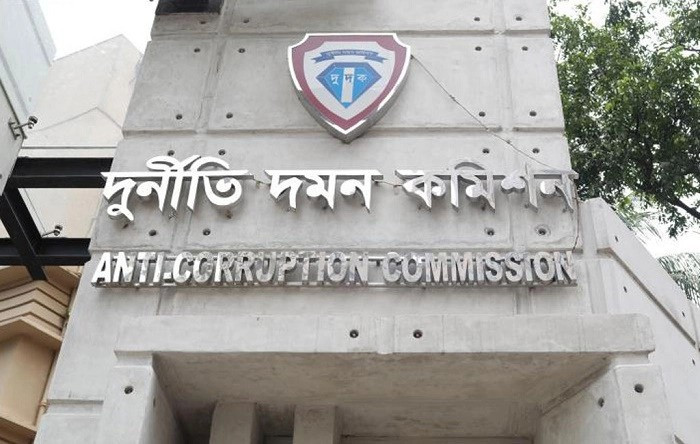Brother-in-laws form fake anti-corruption agency to blackmail corrupt officials
Daily Sun Report, Dhaka
Published: 25 Mar 2024

Photo: Collected
Police have arrested a group of brother-in-laws for swindling alleged corrupt government officials and public representatives out of huge sum of money in a three-year long blackmail scheme, officers said in a press briefing on Monday.
The group members would impersonate as Anti-Corruption Commission officials or crime reporters in phone calls with alleged corrupt government officials, and assure them of clearing their names in exchange for cash. Being aware of credible evidences against them as well as actual corruption complicity, the duped officials and public representatives would comply with the demands.
Firoz Khan, 52, led the cunning tech-savvy group with two of his younger brother-in-laws Md Riaz and Md Hasan Munna. All of them are residents of Munshiganj, according to filings in the case lodged by Siddikur Rahman Rubel, deputy assistant director at Anti-Corruption Commission.
They have been placed on four-day remand.
The arrestees impersonated as Siddikur when making phony calls to extort money. According to police, the arrestees collected preliminary information on corruption committed by government employees, upazila chairmen, ward commissioners, and others from ACC websites and media reports.
Then the detainees would collect contact numbers of the alleged corrupt officials from the websites of their respective organisations.
In the next and most crucial stage, Firoz and his compatriots would call the officials saying investigation is ongoing against their involvement in corruption, and would propose to end the probe on receipt of money via mobile financial services.
Firoz’s team would also impersonate as crime reporters and tell corrupt officials that no news of their alleged criminal activities would be made public, if a certain amount of money is transferred to their mobile financial accounts.
During the arrest, police seized 11 mobile phones, 29 SIM cards, three identification cards of different news reporters, duplicate identification cards of ACC official Siddikur, and visiting cards.
To avoid face-to-face contact and potential discovery of real identity, the scammers communicated over the phone, and collected money only through mobile financial services.

